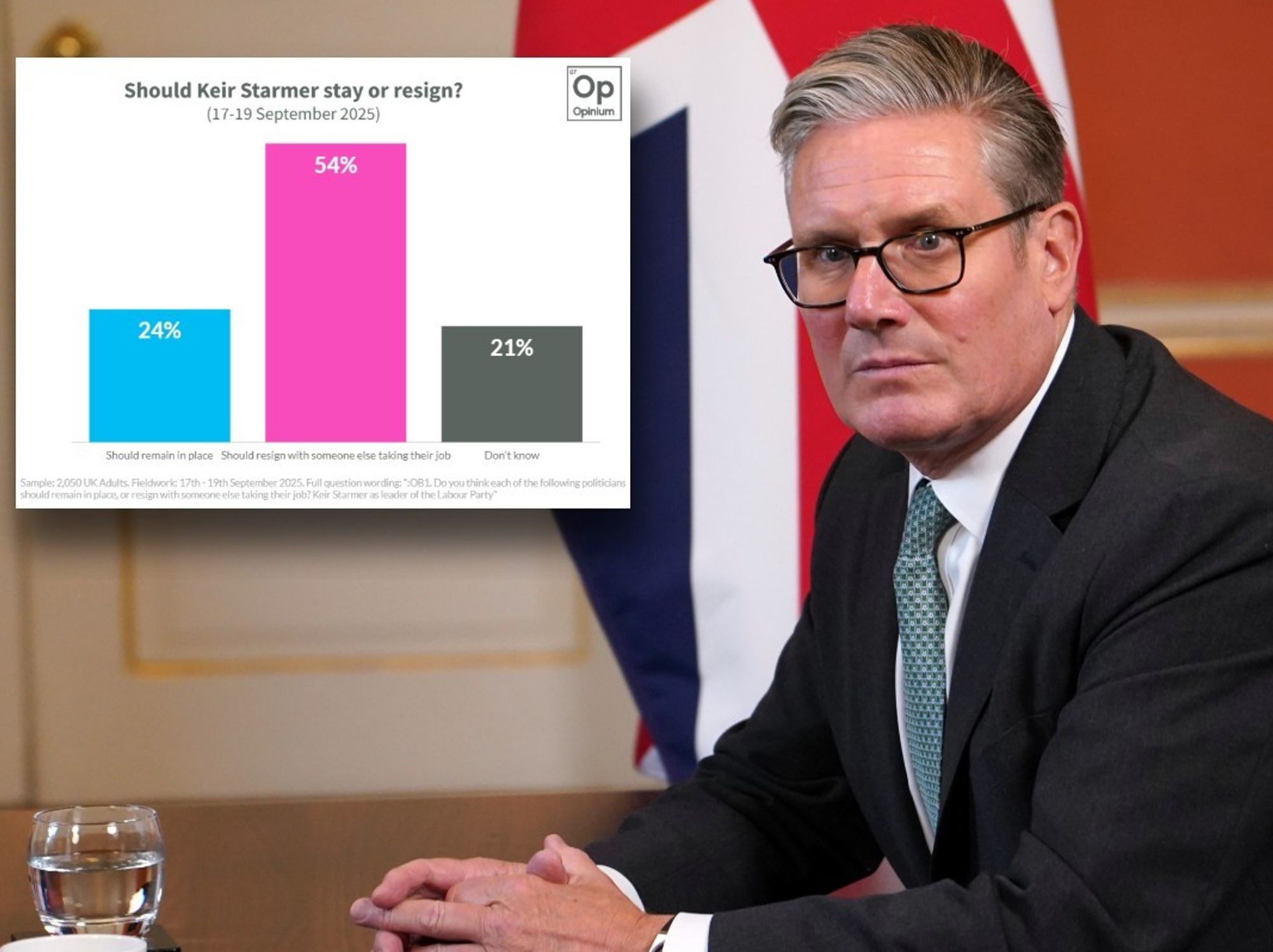Women were more likely to break lockdown laws, study finds

Many felt “compelled” to do so to get help with childcare or support from other mothers, the study found.
Don't Miss
Most Read
Women were nearly twice as likely than men to break UK lockdown laws banning people from meeting indoors with other households, with many seeking support with childcare, research has suggested.
Women were forming bubbles “out of necessity” before they were legally allowed, meeting with friends and family at home to ease their caring responsibilities, according to a study by the University of York.
Many felt “compelled” to do so to get help with childcare or support from other mothers, the study found.
The researchers said their findings highlight how rules during the coronavirus pandemic clashed with existing gender inequalities.
Kirsty O'Connor
The early restrictions did not reflect the interdependency of households and importance of informal childcare, especially by grandparents, enabling mothers to work, they said.
They also said existing caring responsibilities were exacerbated by the pandemic which may have led to non-compliance with house mixing rules.
They say “much more emphasis could have been placed on the diversity of social experience” when the rules were introduced and revised.
Lead author Professor Joe Tomlinson, from the Law School at the University of York, said: “The results of our study suggest there wasn’t enough consideration given to caring obligations and how the new laws would have a disproportionate impact on women and other groups facing inequalities.
“Our findings surprised us because previous studies into compliance have shown that men are much more likely to break the law than women.
“However, our results are not about women being willfully non-compliant. Many participants told us how they broke the law by enlisting grandparents to help with childcare or meeting with other mothers for support.
“They were forming ‘bubbles’ out of necessity before it was officially allowed.”
Zac Goodwin
Even after the bubble policy was introduced, women who had relatives with care needs across multiple households faced the “social dilemma” of who to include, the researchers said.
The university analysed polling by YouGov across three waves, with 1,695 people surveyed in April 2020, 1,158 in June 2020 and 1,195 in October, and carried out online focus groups and interviews.
The research found that the majority of those surveyed were trying hard to comply with lockdown laws.
Over time there was a decline in those who said they were complying with restrictions they believed to be laws.
The main drivers of compliance were fear of disapproval from peers, feeling that breaking the rules was morally wrong, and generally wanting to be law-abiding.
Researchers identified an increasing amount of rule bending and “creative non-compliance” as time went on.
Some of those who admitted breaking the rules justified this by claiming they had adhered to the “spirit” of a rule, or that they were exercising “common sense”.
Participants were more likely to follow a rule if they believed it was the law, rather than guidance.
Prof Tomlinson warned it would be dangerous for governments to take the public’s willingness to follow the rules of the legal system for granted.
Rob Street, director of justice at the Nuffield Foundation, which funded the research, said: “This study illustrates how people’s willingness to comply with lockdown rules was influenced largely by whether these rules were based in law or guidance and how they were communicated to the public.
“These important insights offer key lessons to policy makers when they are seeking to secure public compliance for new rules.”













